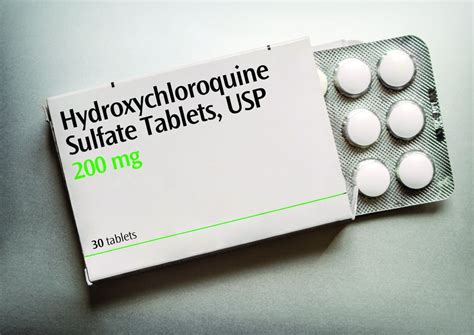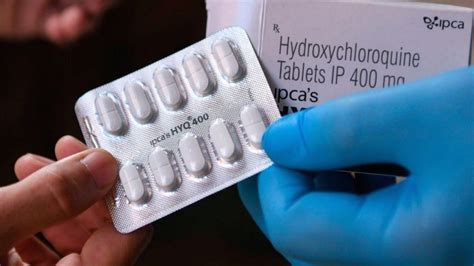Intro
Discover 5 key facts about Hydroxychloroquine, including its uses, benefits, and risks, as well as malaria treatment, autoimmune disease management, and COVID-19 research connections.
Hydroxychloroquine has been a topic of interest in the medical community for several decades, particularly in the treatment of malaria and autoimmune diseases. However, its recent association with COVID-19 has brought it into the spotlight, sparking both interest and controversy. Understanding the facts about hydroxychloroquine is essential for making informed decisions about its use and potential benefits.
The history of hydroxychloroquine dates back to the 1950s when it was first introduced as an antimalarial drug. Since then, its applications have expanded to include the treatment of rheumatoid arthritis, lupus, and other autoimmune conditions. The drug works by reducing inflammation and modifying the immune system's response, which can help alleviate symptoms of these diseases.
As research into hydroxychloroquine continues, it's crucial to separate fact from fiction. The drug has shown promise in certain medical conditions, but its effectiveness and safety profile vary depending on the context in which it is used. For instance, while it has been used off-label for conditions like COVID-19, the evidence supporting its efficacy in such cases is not as robust as it is for its approved uses.
Introduction to Hydroxychloroquine

Medical Uses of Hydroxychloroquine

Benefits in Autoimmune Diseases
One of the significant benefits of hydroxychloroquine in the treatment of autoimmune diseases is its ability to modify the immune system's response, thereby reducing the severity of symptoms. This is particularly beneficial for patients with rheumatoid arthritis, where it can help slow down the progression of the disease and improve quality of life. In lupus, hydroxychloroquine has been shown to reduce the risk of flares and improve survival rates.Side Effects and Safety Concerns

Monitoring for Side Effects
Monitoring for side effects, particularly retinal toxicity, is crucial when taking hydroxychloroquine. Regular eye exams can help detect any changes in the retina early, allowing for prompt intervention to prevent permanent damage. Additionally, patients should report any changes in their vision to their healthcare provider immediately.Hydroxychloroquine and COVID-19

Evidence and Recommendations
The evidence regarding hydroxychloroquine's effectiveness against COVID-19 is evolving. Several health organizations, including the World Health Organization (WHO) and the Centers for Disease Control and Prevention (CDC), have issued guidelines that reflect the current understanding of its use in this context. Patients considering hydroxychloroquine for COVID-19 should consult with their healthcare provider to discuss the potential benefits and risks based on the latest evidence.Future Directions and Research

Personalized Medicine Approach
A personalized medicine approach, where treatment is tailored to the individual's genetic, environmental, and lifestyle factors, may offer a way to maximize the benefits of hydroxychloroquine while minimizing its risks. This could involve genetic testing to identify patients at higher risk of side effects, such as retinal toxicity, and adjusting doses accordingly.Conclusion and Final Thoughts

For those interested in learning more about hydroxychloroquine or sharing their experiences with the drug, we invite you to comment below. Your insights and questions can help foster a deeper understanding of this medication and its role in modern medicine.
What is hydroxychloroquine used for?
+Hydroxychloroquine is used for the treatment and prevention of malaria, as well as the management of autoimmune diseases like rheumatoid arthritis and systemic lupus erythematosus (SLE).
Is hydroxychloroquine safe?
+Hydroxychloroquine is generally considered safe when used as directed. However, it can cause side effects, including nausea, vomiting, and diarrhea, and more serious side effects like retinal toxicity in rare cases.
Can hydroxychloroquine be used to treat COVID-19?
+The use of hydroxychloroquine for COVID-19 is controversial and not widely recommended outside of clinical trials due to mixed evidence regarding its efficacy and safety in this context.
